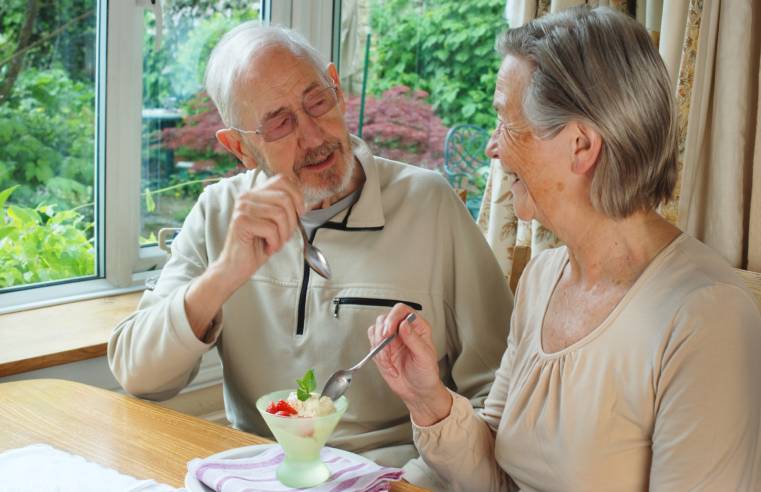The end of lockdown will not end loneliness in care homes – but it could be a watershed moment, says John Ramsay, Founder and MD of Social-Ability.
For many across the UK, this Loneliness Awareness Week holds even greater significance than previous years. Loneliness and isolation have become a devastating side effect of the COVID-19 pandemic, taking a heavy toll on the entire population. However, the impact has been especially severe for those living with dementia in UK care homes.
Since the beginning of the pandemic, 56% of people with dementia have reported feeling ‘completely isolated’, while a third of those living with the condition ‘felt like giving up’ last year. This is not a new challenge. The end of lockdown will not resolve it, but it could be a watershed moment where we commit to a long-term, holistic solution for care home residents, supporting connections, leveraging the power of interactive technology and ultimately fostering happiness for some of the most vulnerable in our society.
Addressing chronic loneliness
For individuals living with dementia, loneliness has often become a feature of everyday life rather than simply a product of having to shield from COVID-19. Transitioning into care home accommodation can naturally fuel physical separation from family, but living with the disease itself can create a sense of isolation. Pre-pandemic, over a third of people with dementia said they have felt lonely, according to the Alzheimer’s Society. More troubling still, a third of people with dementia said they had lost friends following a diagnosis.
The effects of loneliness can take a toll not just on wellbeing, but also on physical health, increasing the likelihood of mortality by 26%. So, providing people with a means of connecting regularly with family and friends will not only make a significant difference to overall patient happiness, it will play a vital role in fostering physical wellbeing. Put simply, loneliness among those with dementia is an epidemic we cannot afford to ignore.
Building meaningful connections
Positively, there are accessible ways in which care services, carers and families can help to support those with dementia to build and foster the connections that safeguard against loneliness.
Interactive games and activities, for example, can be a crucial means of building meaningful bonds within these settings, as an opportunity not only to engage with friends and family. Furthermore, the sensory activity stimulated by these games has been proven to improve the condition of those with dementia through the early, mid, and later stages of the condition.
Such measures have made a major difference at Alexandra Grange, a Berkshire-based Hallmark home where residents have been introduced to the Happiness Programme; a service that brings this interactive technology together with a structured programme of training and support for care staff. One resident in particular, who had stopped communicating verbally as their dementia had progressed, was helped to grow their vocabulary again and improve their engagement with staff, fellow residents, and visiting relatives.
Tech driving happiness
The potential for connection-based activity to combat loneliness for those with dementia cannot be overstated and clearly the role of technology in helping to make this accessible is phenomenal. At the same time, the sense of agency and independence that these digital capabilities can foster is invaluable in promoting wellbeing.
Our ability to engage with family and friends via video links, for example, can foster regular connections with dementia patients living in care settings. Technology also allows loved ones to share memories through imagery and video that are so treasured in the battle against dementia.
With 70% of people in care homes living with dementia, the possibilities of combatting loneliness, one of the condition’s most distressing symptoms, could have a transformative impact for some of the most vulnerable members of our society. The tools to improve happiness for these individuals are already within our grasp. While the end of lockdown restrictions will not itself be a cure for loneliness, it could still serve as a watershed moment for us to commit to stopping it in its tracks. It is our hope that, if we seize this chance, the Loneliness Awareness Weeks in the years to come will look brighter for those with dementia.




















